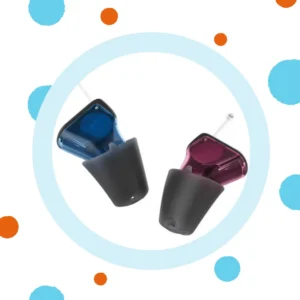
Best Hearing Aids for Small Ear Canals: Finding Your Perfect Fit
TL;DR: Small ear canals require specific hearing aid designs to ensure comfort and performance. The best options include completely-in-canal (CIC) models like the Signia Silk
Home » The Roaring Truth About Noise-Induced Hearing Loss: What It Is and How to Prevent It
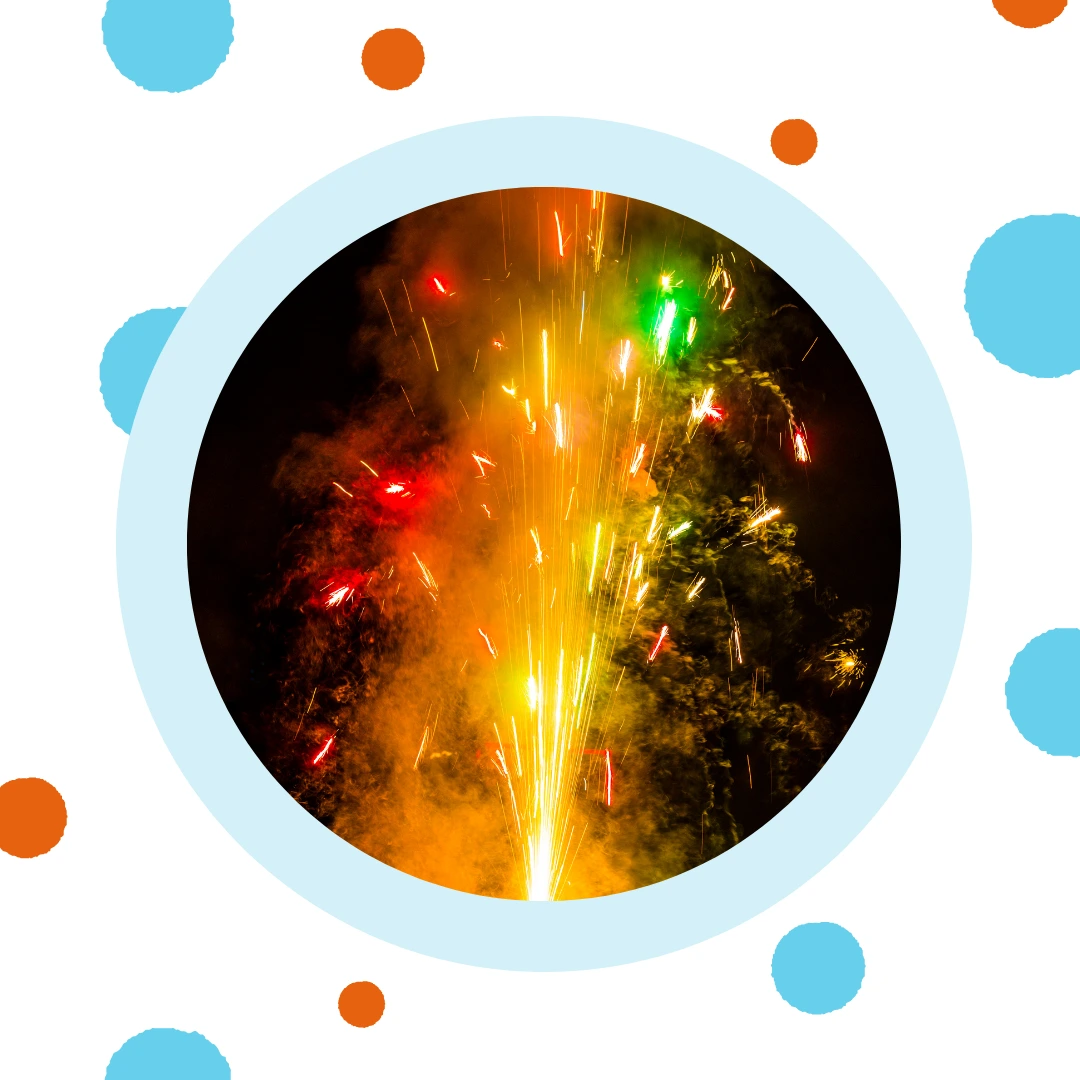
Noise-induced hearing loss isn’t just something that happens to rockstars and airport runway workers. It’s also what happens when you crank your earbuds to 11, cheer for the Chiefs, or spend an afternoon mowing the lawn without ear protection.
And here’s the kicker: once the damage is done, there’s no “Undo” button. This isn’t a software glitch. This is your hearing, and it’s permanent.
But we’ve got great news: you can absolutely prevent noise-induced hearing loss (NIHL). And you don’t need to lock yourself in a soundproof bubble or give up on concerts, power tools, or kids’ birthday parties.
Let’s break down what NIHL is, how it works, and what you can actually do to protect your hearing—without needing a degree in bioacoustics.
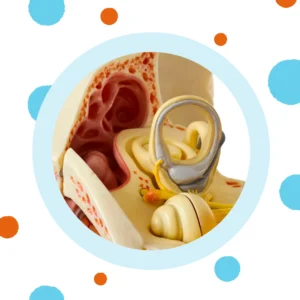
Table of Contents
ToggleNoise-induced hearing loss is exactly what it sounds like. Loud sounds, over time (or sometimes all at once), can damage your inner ear.
It happens when microscopic hair cells in the cochlea—called stereocilia—get overworked and die off. These cells help transmit sound signals to your brain. Once they’re gone, they don’t regenerate. No reboot. No regrowth.
So why should you care?
Because NIHL is permanent. It sneaks up on you. And by the time you realize it’s happening, it’s usually already done some damage.
Learn more about noise-induced hearing loss and aging.
NIHL doesn’t show up like a dramatic villain in a movie. It’s more of a slow-burn saboteur. Here’s what to watch for:
And maybe the scariest part? You can have NIHL and still pass a hearing test. This is what scientists now call hidden hearing loss—nerve fiber damage that doesn’t show up on standard audiograms but still impacts your ability to understand speech in real life.
Understand the earliest signs of presbycusis.
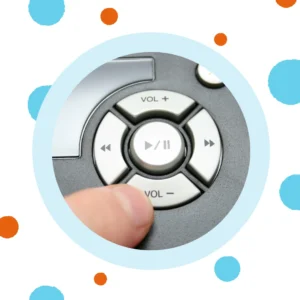
Think of sound like sun exposure. A little can be fine. A lot, over time, burns you. And a lot a lot can do immediate damage.
Here’s a cheat sheet:
| Sound Source | Decibels (dB) | Time to Possible Damage |
| Whisper | 30 dB | Totally safe |
| Normal conversation | 60 dB | Safe |
| Hair dryer | 85 dB | 8 hours |
| Lawnmower | 90 dB | 2 hours |
| Rock concert | 110 dB | 2 minutes |
| Fireworks / Jet engine | 140+ dB | Immediate |
Even one loud event—like a fireworks show, stadium roar, or chainsaw concert (please don’t)—can cause hearing loss instantly if you’re close enough.
Want to feel truly nervous? Chiefs fans once hit 142.2 dB at a game. That’s louder than a jet taking off. And no, their eardrums did not high-five them afterward.
You’ve got hair cells (stereocilia) in your cochlea that respond to sound waves. Think of them like tiny field goal posts waving every time a sound hits. Loud noise slams into them like a linebacker.
But it’s not just the mechanical damage. Recent science reveals that NIHL is also a biochemical crisis.
Your inner ear goes into metabolic overdrive during loud sound exposure. This creates reactive oxygen species (ROS)—a fancy way to say “free radicals.” They bounce around like rogue ping-pong balls, damaging DNA, proteins, and cell membranes.
Even worse? Free radical formation continues up to 10 days after the noise ends. You read that right. Your ears are still under attack long after the concert’s over.
Researchers found that the worst cell death in the ear often happens days after the noise exposure.
That means:
That’s why waiting for your ears to “feel better” before taking action is not the move.
Ever leave a club or stadium and feel like your hearing is muffled?
That’s called temporary threshold shift—your ears’ way of saying “I can’t even.”
But don’t get comfortable.
Even if your hearing seems to “come back,” the nerve fibers may already be permanently damaged. You just can’t detect it on a basic hearing test.
So yes, “temporary” can become permanent without you noticing.
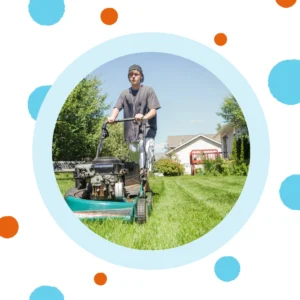
Protecting your hearing doesn’t require a helmet or giving up live music. It’s mostly about awareness and smart choices.
Science is catching up to what your grandma suspected: antioxidants might help.
Loud noise creates oxidative stress in your ears. Antioxidants neutralize the damage.
These aren’t miracle cures, and most work best when taken before exposure. But the research is promising—especially for those regularly exposed to loud sounds.
Let’s be honest: nobody wakes up excited to buy hearing aids. But waiting until your hearing gets really bad is like only putting on sunscreen after the burn.
Here’s the thing—your brain needs sound to stay sharp. The longer you live in a muffled world, the harder it becomes for your brain to process speech. This is called auditory deprivation, and it’s real.
Using hearing aids earlier can:
Even if you only have mild hearing loss, studies show that using hearing aids sooner slows down further decline. Think of them as fitness trackers for your ears. The sooner you start using them, the more natural and effortless it feels.
Short answer? Yes.
Long answer? Let’s dig in.
Hearing aids don’t regrow your inner ear hair cells (if only). But they can help your brain compensate for the damage noise has already done.
And modern hearing aids aren’t just microphones in your ears anymore. At Injoy Hearing, we carry advanced models with:
They’re sleek. They’re smart. And they’re miles beyond the clunky beige bananas your uncle wore in the ’90s.
Noise-induced hearing loss isn’t reversible—but with the right hearing aid, it’s very manageable. And you don’t need to leave your house to get started.
Wondering what are the best hearing aids?
At Injoy Hearing, we’re not your average corner clinic. We’re online. We’re convenient. And we specialize in prescription hearing aids you can order from home.
That means:
If you’re noticing signs of NIHL or think your earbuds might be plotting against you, we’re here to help.
Noise-induced hearing loss doesn’t announce itself with trumpets. It creeps in. It builds over time. And by the time it’s obvious, it’s often permanent.
But this is one of the few types of hearing loss that is completely preventable.
So don’t wait until your ears give up. Be smarter than the sound.
If you’re already struggling with hearing clarity, background noise, or muffled sound, it’s time to explore your options.
Start with Injoy Hearing:
Your ears do a lot for you. It’s time to do a little something for them.
👉Contact Injoy to find out more about how we can help.

TL;DR: Small ear canals require specific hearing aid designs to ensure comfort and performance. The best options include completely-in-canal (CIC) models like the Signia Silk

Your audiologist just recommended rechargeable hearing aids. Great choice. But naturally, you want to know: how long before you’re shopping again? The answer splits into
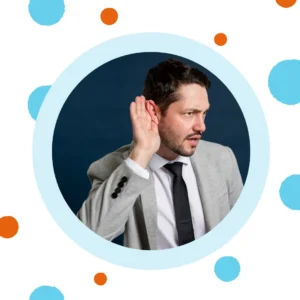
You asked your spouse to repeat themselves. Again. The TV volume crept up another notch. Friends make jokes about your signs of hearing loss. These
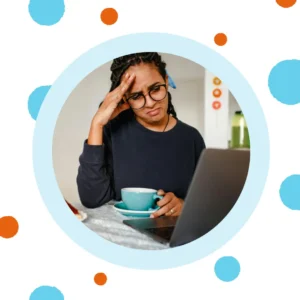
You dropped serious money on Phonak hearing aids. Now you’re wondering how long they’ll actually work before you’re back at square one. Fair question. Hearing
To start your journey towards better hearing with confidence, Injoy is proud to offer a 45-day risk-free hearing aid trial. This allows you to experience the difference our hearing aids can make, ensuring they meet your expectations and fit your lifestyle perfectly.
Improve your hearing and improve your life today by contacting Injoy to learn more! Call (844) 914-3331

Need hearing aids? Explore our range of hearing aids and discover the best option for your lifestyle and Unique Hearing Needs.
Are you a current patient with us? We're here to help with any adjustments, repairs, or support you may need.